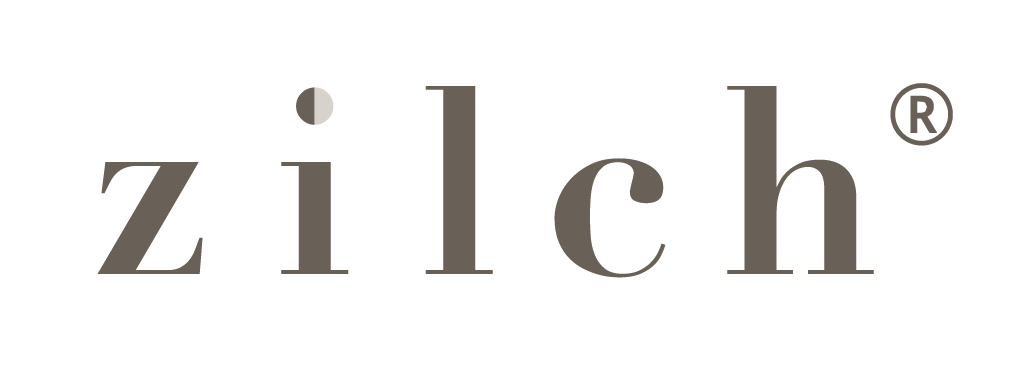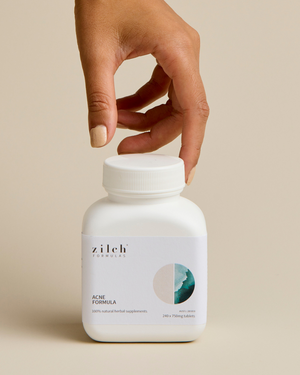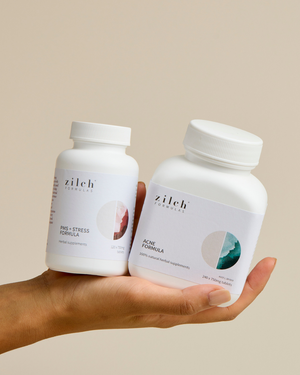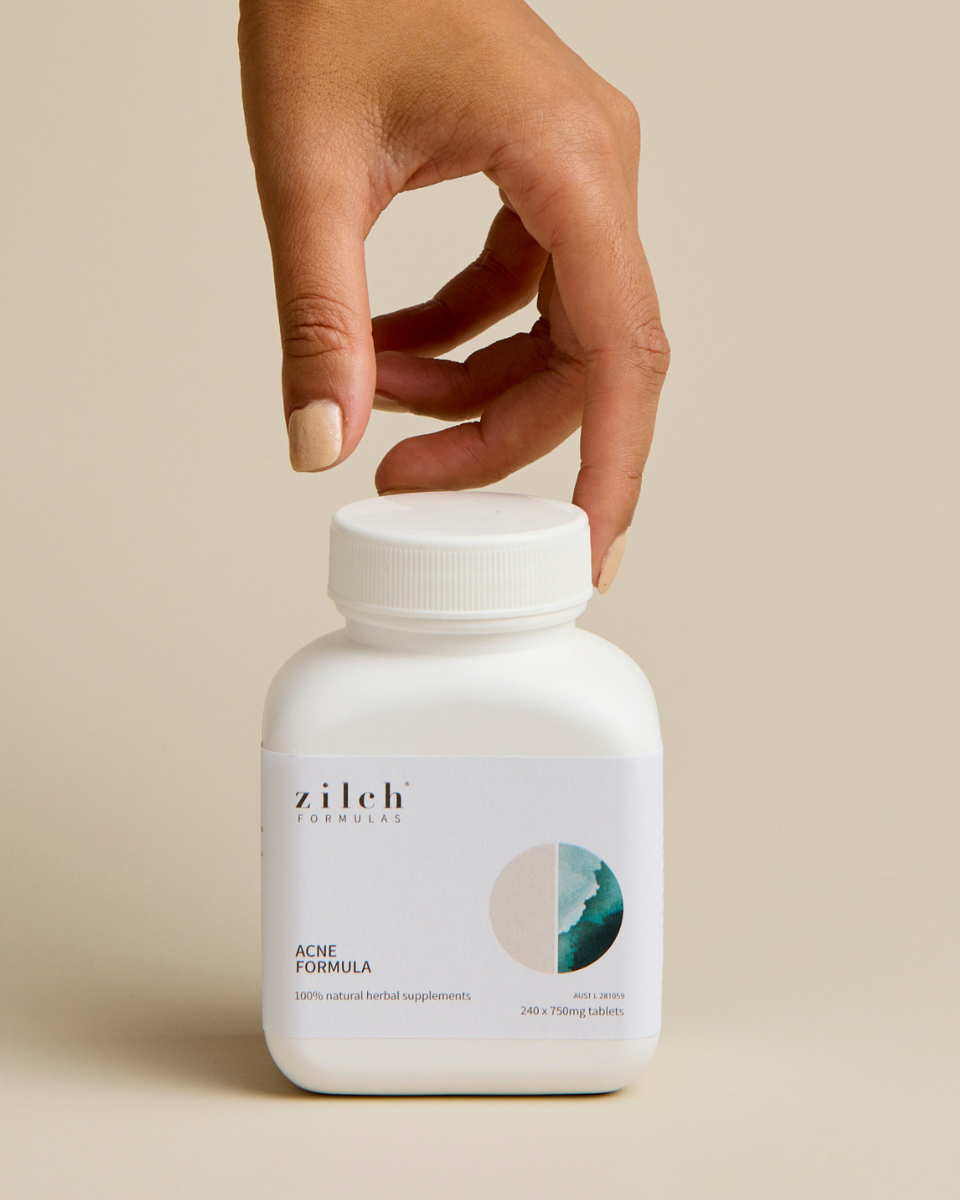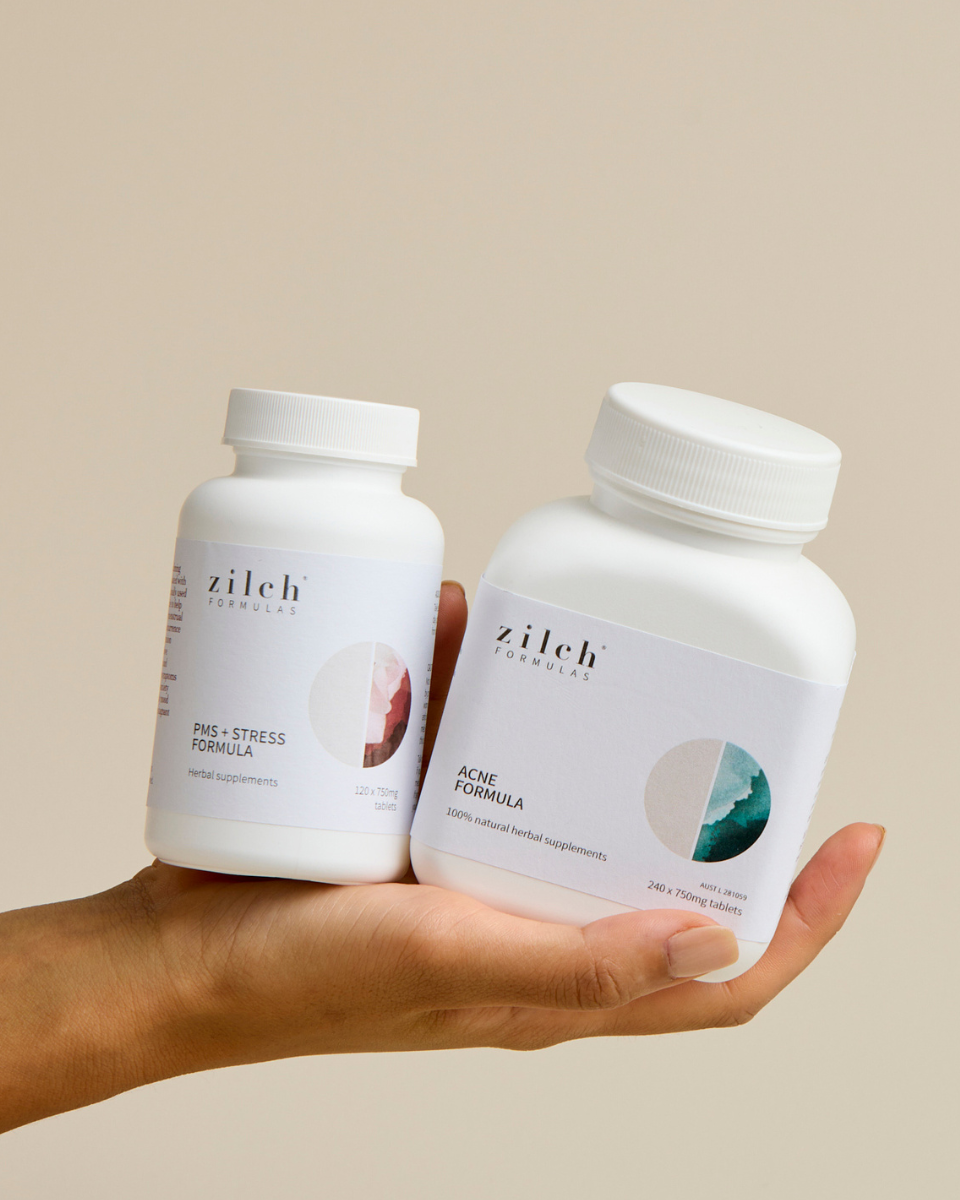CHINESE MEDICINE 101 & Glossary
Welcome to Zilch Formulas’ TCM (Traditional Chinese Medicine) Glossary—your go‑to resource for demystifying and navigating new Chinese Medicine terminology.
We believe in empowerment through education, and we hope this guide supports you on your wellness journey.
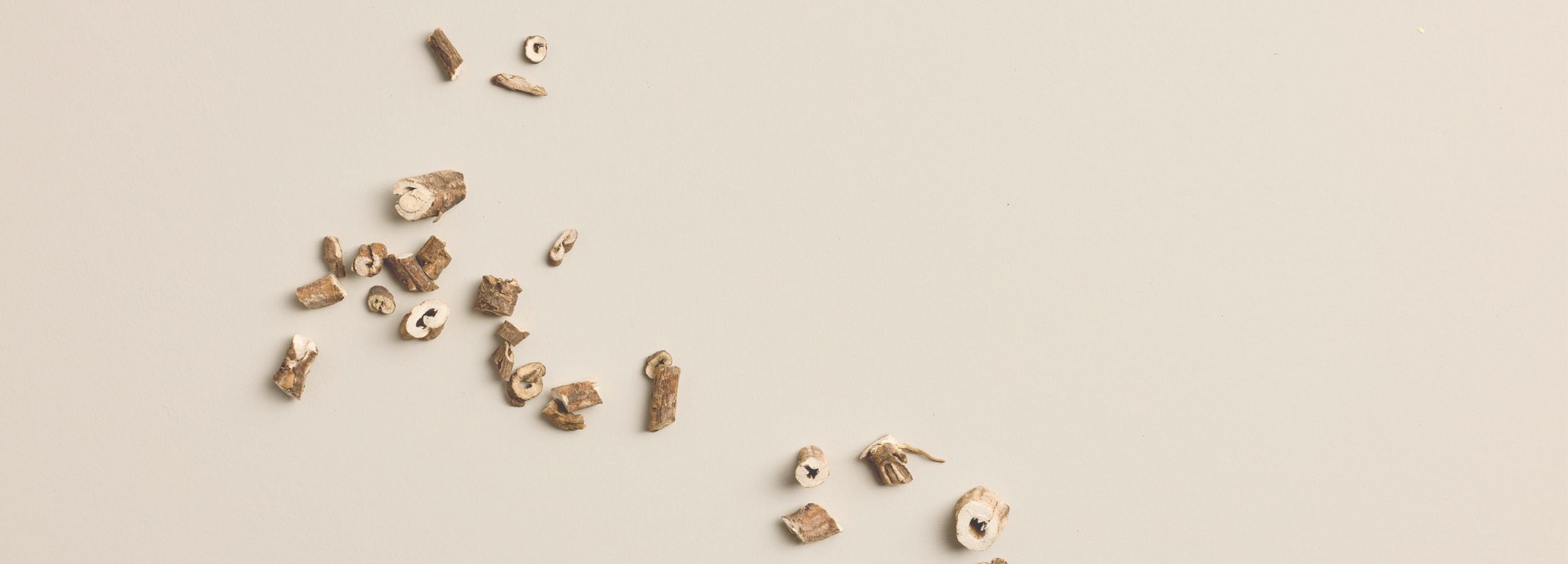
WHAT IS CHINESE HERBAL MEDICINE?
Chinese herbal medicine is the cornerstone of TCM, a 2,000‑year‑old system dedicated to promoting healing, preventing illness and enhancing overall wellbeing. While it addresses specific health concerns, it’s equally valued for supporting general wellness
CHINESE MEDICINE GLOSSARY
TERMINOLOGY
When referencing Chinese Medicine terms, it is common practice to capitalise terms that either have no real translation (such as Qi), or that mean something different in Chinese medicine than they might more commonly mean. Eg: If Spleen is referenced with a capital ‘S’ it means the Chinese Medicine function of the Spleen that transforms food into nutrients and waste, not the physical organ in body as referenced in Western science.
Qi (pronounced ch-ee) is the Chinese word for ‘energy’; a vital life force that circulates the body to support and nourish the body systems.
Good Qi means health and vitality, and some indicators include good energy, appetite, and bright skin. Having dull skin, constant fatigue, and a poor appetite might mean poor Qi and illness.
In Western science, blood is often referred to on a cellular level like red and white cells, platelets, and plasma, and the quantity and quality of blood is often analysed. Blood in Chinese medicine refers to the vital fluid that transports nutrients through the vessels, with a focus on its function of nourishing and healing.
A Chinese Medicine concept to describe opposite but interconnected forces. Their interaction with each other maintains balance and harmony.
Yin embodies: Cool/cold, night time, water & fluids, darkness, passive, soft, nourishing, rest, feminine.
Yang pertains to: Hot, daytime, fire, bright, energy, active, strong, masculine.
The concept of Heat and Cold is very important in Chinese Medicine theory. Think about it more like an inner balance of temperature as opposed to a thermometer reading.
Eg: Peppermint tea is 'hot' to touch, but has a 'cool' property.
Heat: Having excessive Heat can lead to symptoms like feeling warm, inflammation, red eyes, thirst and dry mouth. Picture it as the body's inner thermostat running too high.
Cold: a lack of internal warmth, leading to excessive Cold in the body and its systems. This can lead to discomfort, poor circulation, and lingering “cold sensations” in the body.
Note: Hot, Heat, Heatiness; and Cold and Cool can be used interchangeably.
Dampness is likened to excess moisture or phlegm trapped in the body- the body's version of sticky and humid weather. Dampness is a Chinese Medicine pattern that is responsible for “heavy” and “sluggish” symptoms that can often linger, because Damp has a sticky, cloying nature which makes it difficult to completely resolve.
Some of these symptoms include physical lethargy, brain fog, bloating, loose stools and water retention.
Toxicity refers to unwated substances or "toxins" that can accumulate within our systems. Just as pollution affects our environment, these internal toxins can lead to imbalances, illnesses, or general feelings of being unwell.
Picture a stream of water, but it’s not flowing as it should; that's stagnation. Or, it could be a puddle of water, stuck in uneven ground with no where to go.
When Qi or Blood becomes stagnant, it does not flow freely and nourish the body and its systems, often resulting in imbalances and discomfort.
Blood stagnation can refer to blood clots during menstruation, or poor/sluggish blood circulation through the body.
Deficiency: When there's a lack or insufficiency in some aspect of the body and its functions, it can make one feel weak or tired. Eg: Digestive deficiency means a weakened digestive system, or Qi deficiency means a lack of energy.
Excess is about having too much of a particular element.. Think of it as the body's way of saying "it's more than it should be," which can lead to various imbalances or health concerns. Eg: Excess Heat is often behind inflammation in the body.
In Chinese Medicine, Fire doesn't refer to a flame, but rather an intense, active energy. It can represent a fierce Heat, or a heightened state of activity in the body. Eg: Nourishing digestive ‘Fire’ means supporting digestive energy to digest food.
Jing is often described as the body's essential reservoir of vitality. Think of it as the energy you were born with, and that energy being consumed through life. It plays a key role in growth, development, and overall vitality, much like a precious tank of fuel that keeps the engine that is life running smoothly.
ORGANS AND SYSTEMS
The concept of organs in Chinese medicine can sometimes be a confusing topic.
In a Western science, an organ refers to the physical organ in the body.
Chinese Medicine references organs as the system and its function or role in the body, not the tissue, or cells or physical organ.
In Chinese Medicine, the Spleen is responsible for transforming the food we eat into energy (Qi) and ensuring it's transported to where it's needed. It plays a role in digestion and maintaining overall balance.
Working hand in hand with the Spleen, the Stomach breaks down the food and drink we consume. It's the beginning of the digestion process, turning what we eat into energy and nourishment.
More than just a detoxifying organ, the Liver in Chinese Medicine ensures the smooth flow of Qi and regulates the balance of emotions. A healthy Liver means emotions, especially anger, are in check, and the body's energy moves freely.
The Kidneys are like the body's batteries in Chinese Medicine. They store our essence (known as "Jing"), govern growth and reproduction, and are linked to our vitality and longevity.
The Lungs govern the Qi from the air we breathe and distribute it throughout the body. They also play a part in our immune system, helping shield us from external factors like the cold or flu.
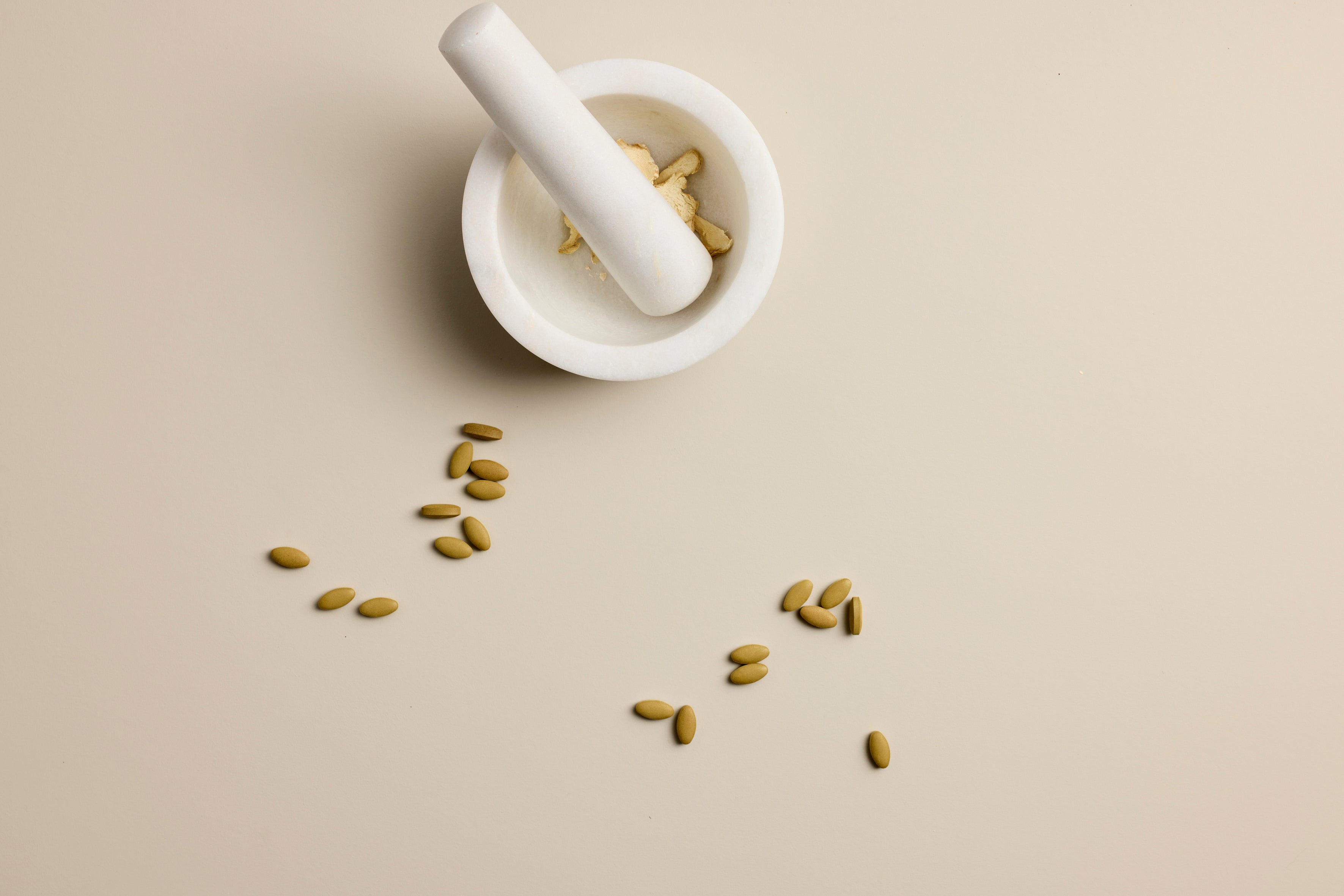

Lets demystify Chinese Medicine
While Chinese Medicine boasts thousands of years of proven success, some still view it to be unsuited for the modern age– the real irony is that it’s precisely tailored to today’s times. Created long before modern interventions, its theories remain unchanged and as valid today in addressing current ailments.
Early practitioners recorded treatments through empirical observation; methods that failed were discarded, while those with genuine results endured and evolved into the comprehensive system we know now. This is known as “empirical evidence” or “time‑tested efficacy.”
So if its so good, why does a stigma still surround it?
Unfamiliarity with Chinese Medicine usually stems from cultural diversity, limited education or lack of exposure—not doubts about its efficacy. In many Asian countries, it’s part of primary healthcare, with major hospitals integrating both Chinese and Western treatments.
In the West, we demand "medical proof" through studies, trials, and scientific explanations. We dissect medicines into molecules and actives, demanding precise lab-tested explanations. Anything outside of this framework is dismissed as a myth. But is that the only valid proof of efficacy?
Take the common belief: "Being in the cold can't cause a cold." Though it's hard to offer a precise scientific rationale, many of us have caught cold or flu after spending a cold day underdressed outdoors. Chinese Medicine recognises this phenomenon as "catching exogenous Wind".
It’s understandable that people are sceptical of what they don’t understand.
This is why Zilch Formulas exist. Our mission is to break down the world of Chinese Medicine, making it accessible for everyone to learn, embrace and benefit from it.
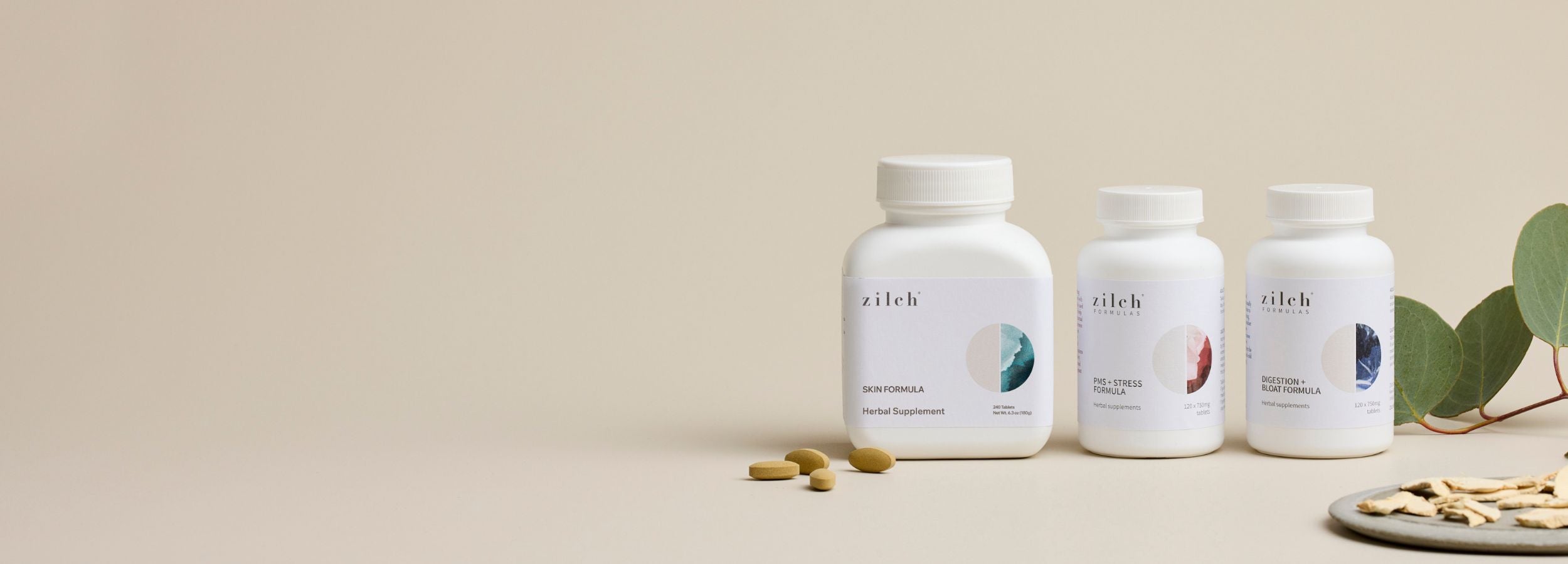
Curious? Let our 100% natural, premium Chinese Herbal Medicine formulas do the talking.
